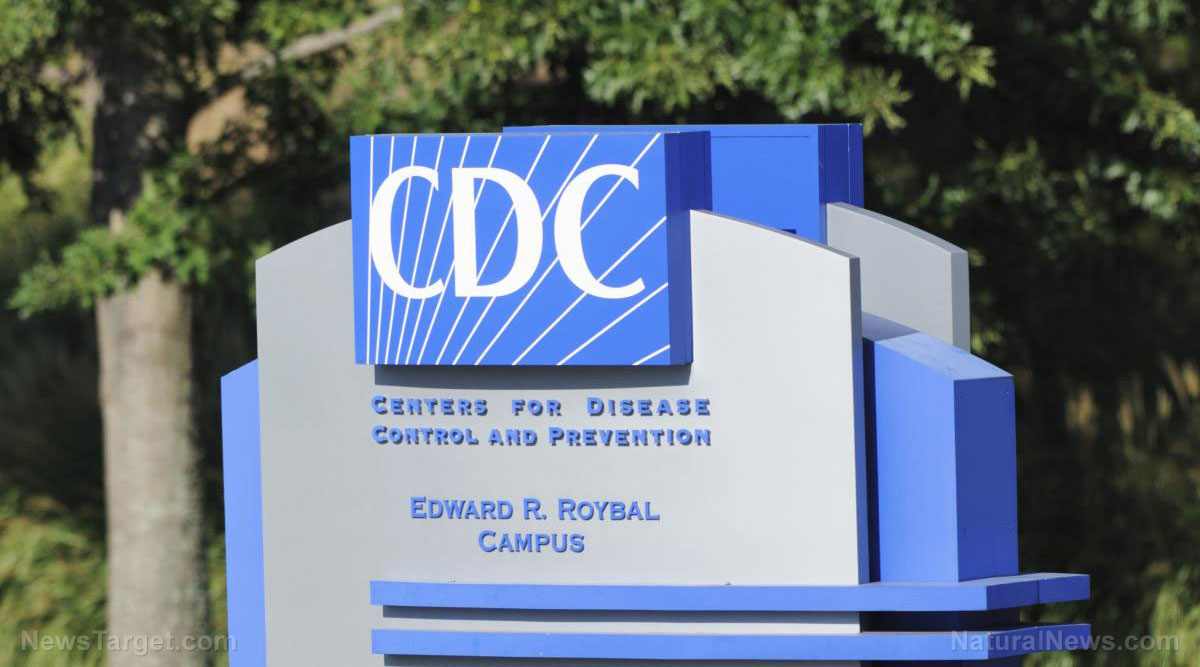Flu shots are ineffective for seniors; may increase miscarriage risk in younger women
02/08/2021 / By Cassie B.

With flu season in full swing, there is a lot of talk about getting the flu vaccine, with the mainstream media giving people “helpful” reminders to get vaccinated. One group that is particularly targeted by vaccination campaigns is the elderly. Unfortunately, older people are one of the groups who this vaccine is failing the most.
For starters, the flu vaccine is notoriously ineffective. It is developed using only a handful of type A or B vaccine strain influenza viruses; there are hundreds of these in total. Even when those chosen in a certain year are a perfect match for the viruses that are circulating in that particular flu season, it does not prevent all infections.
For older people, the flu vaccine may actually make them even more susceptible to the flu virus. Moreover, some studies have shown that the flu vaccine has no impact on mortality among elderly people. One study concluded: “Because fewer than 10 percent of all winter deaths were attributable to influenza in any season, we conclude that observational studies substantially overestimate vaccination benefit.”
On top of that, a recent study uncovered a link between deaths from coronavirus and flu vaccines among older adults. After analyzing data of more than half a million people, the researchers noted a positive association between deaths from COVID-19 and influenza vaccination in those aged 65 and older.
Pregnant women need to know the risks of flu vaccine as well
It’s not just the elderly who this vaccine is failing. Pregnant women are also highly vulnerable to the dangers of the flu vaccine. There is a serious lack of scientific data outlining the risks of the vaccine to pregnant women and growing fetuses because including pregnant women in clinical trials is unethical. Nevertheless, many doctors continue to push for women to get flu shots at some point during their pregnancy.
The push coincides with an amendment to the National Childhood Vaccine Injury Act that was passed by Congress near the end of 2016. This amendment provides drug companies who produce CDC-recommended vaccines for pregnant women with a liability shield so they cannot be sued if a pregnant woman or her unborn baby is injured by maternal vaccinations.
This push is particularly baffling considering the fact that research that was funded by the CDC itself has linked getting a flu vaccine in early pregnancy to an eight-fold risk of miscarriage. In that study, 485 pregnant women between the ages of 18 and 44 who had experienced a miscarriage during flu season were compared to another 485 pregnant women in those age ranges who carried to term. Of those who miscarried, 17 had been vaccinated two years in a row; of those with normal pregnancies, just four had been vaccinated two years in a row.
Moreover, there is no data on the biological responses to vaccines in pregnancy that could impact pregnancy and birth outcomes. Scientists do not know whether the flu vaccine can cause fetal harm or affect a woman’s reproductive capacity. In fact, the product inserts on some flu vaccines state that it should only be given to pregnant women when it’s “clearly needed.” These inserts also state that the safety and effectiveness of the vaccines in pregnant and breastfeeding women has not been established.
In addition to raising the risk of miscarriage, studies have shown that stimulating a woman’s immune system, which is what flu vaccines do, during mid- and late-term pregnancy significantly raises the risk of their child developing autism, schizophrenia or seizures.
Meanwhile, injury after getting the flu vaccine remains the most compensated type of claim in the national Vaccine Injury Compensation Program, with more than 3,000 claims being compensated between 2006 and 2017. That should be enough to give anyone pause when it comes to getting this vaccine, but elderly people and pregnant women in particular need to seriously weigh the risks versus the benefits rather than blindly lining up for a flu shot.
Sources for this article include:
Tagged Under: Flu shots, flu vaccines, influenza, pregnancy, toxic ingredients, vaccine injury, vaccine wars, vaccines




















